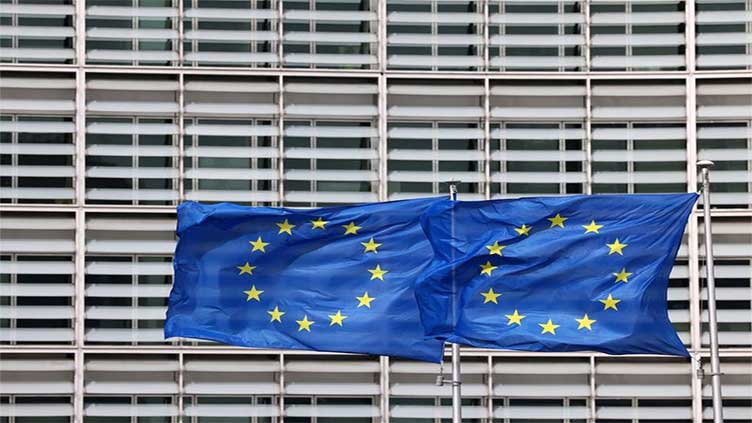Digital euro package should be focus of next EU Commission - McGuinness

Technology
Digital euro package should be focus of next EU Commission - McGuinness
BRUSSELS (Reuters) - The European Union's financial services chief said on Wednesday that a draft law to underpin a digital euro should not be rushed out ahead of European elections next June and instead be examined "quietly and slowly" for the new Commission.
The draft law is an attempt to preserve public money by creating a digital euro that is cash-like and usable offline. The legislative timetable typically grinds to a halt ahead of European Parliament elections and until a new EU executive is appointed later in the year.
Speaking at a conference held by consultancy Bruegel, Mairead McGuinness said while the Commission had proposed a framework in June for a digital euro, it would be the European Central Bank (ECB) that decides on whether to issue one.
The ECB is due to decide in October whether to push ahead with a digital euro, which aims to tackle a shortage of European payment service providers.
"Cash is less in use. We are using our cards and phones to buy, we’re doing e-commerce and if there were a time when cash was very much diminished then where do we have public money - the central bank public money - if it’s not in cash? We need a digital version of this," McGuinness said, adding the EU was duty-bound to look into it.
"Not to have a digital form of public money at some time in the future would leave a black hole in our system."
She said that offering a choice for consumers was important and the Commission proposed measures in tandem that would ensure cash remained accessible and useful.
Non-profit group Positive Money Europe sees the digital euro as a crucial tool to ensure a "safe and accessible" form of public money.
"With cash no longer being accepted everywhere, people are losing access to an anonymous means of payment, which means even more transfer of personal data into the hands of payment service providers," Positive Money wrote in a June report.

